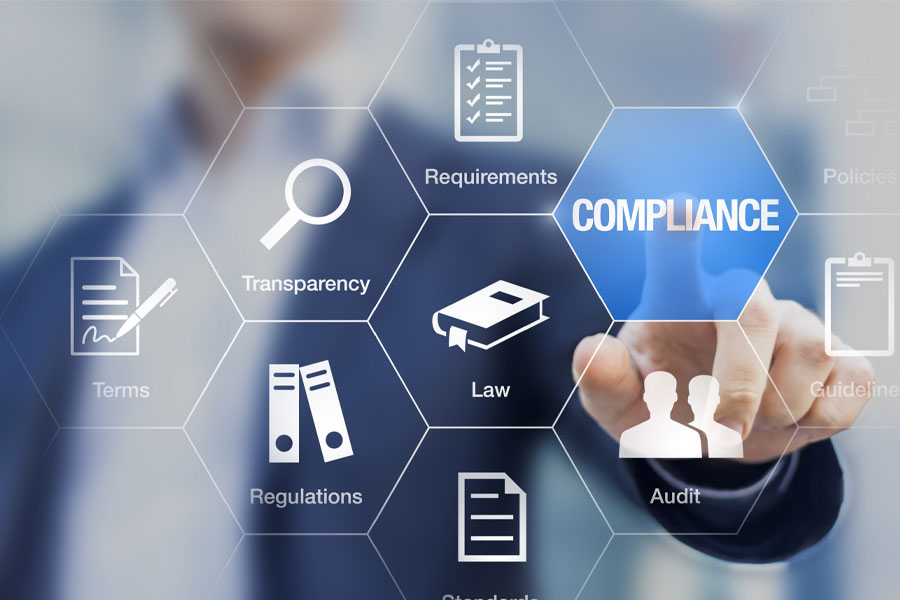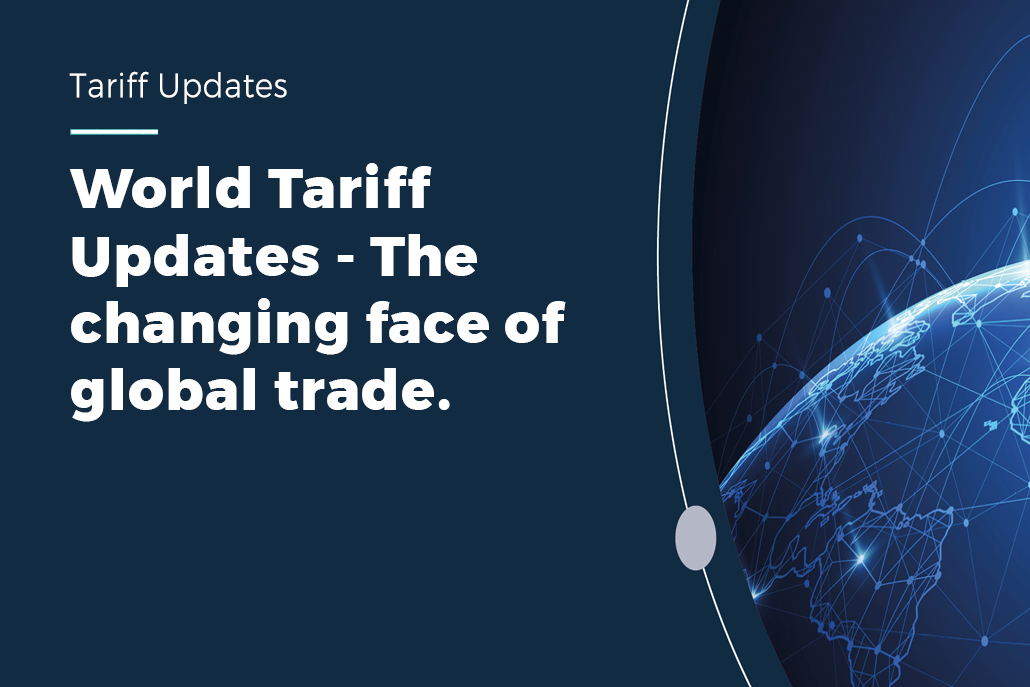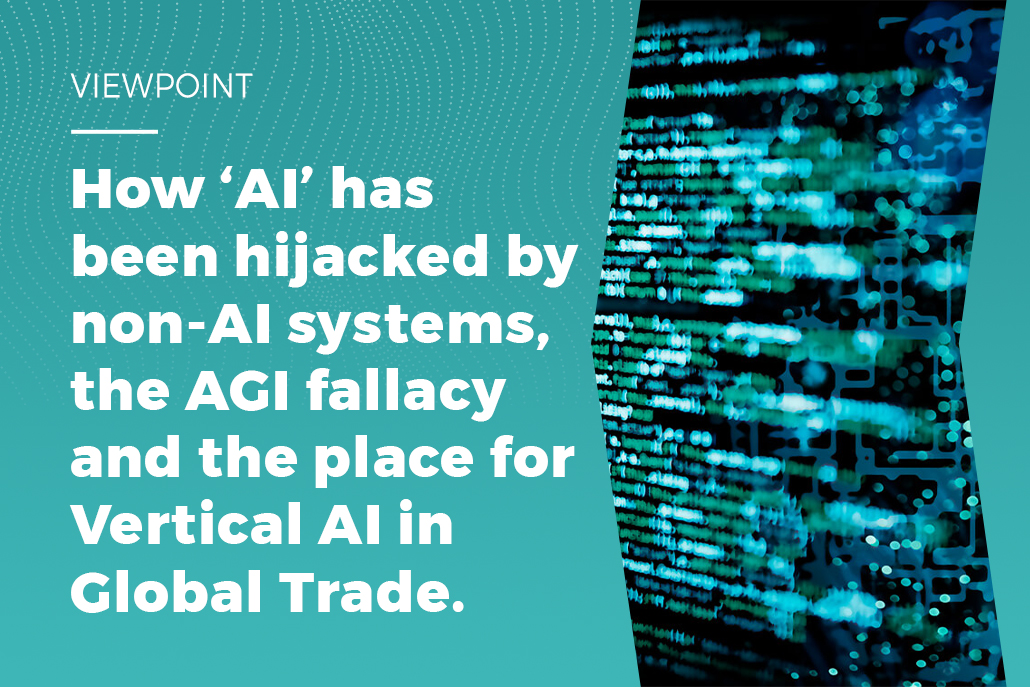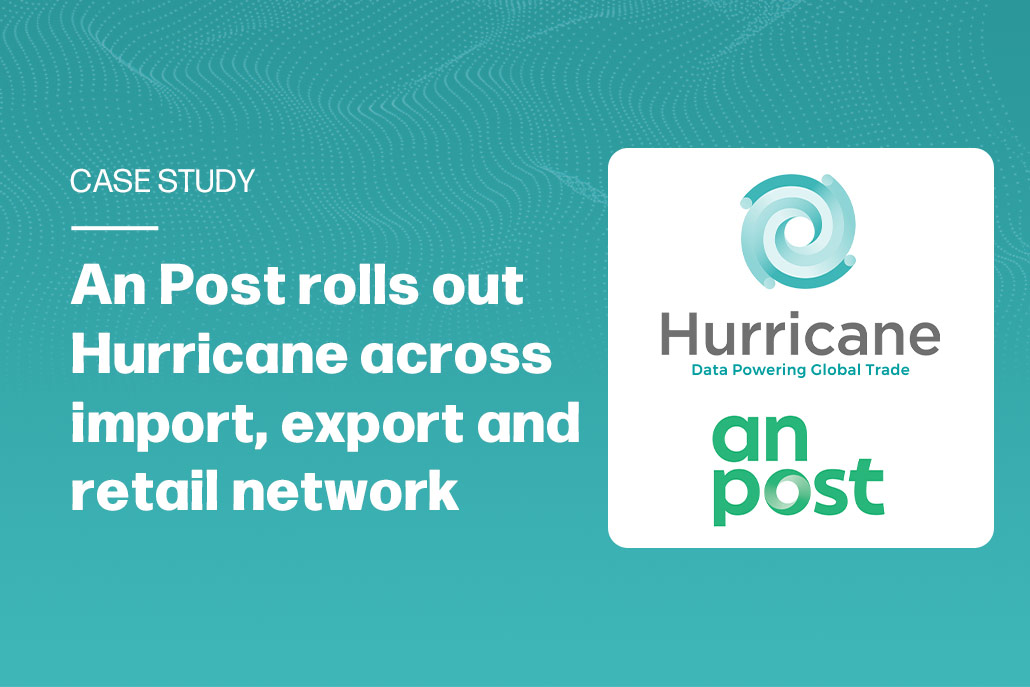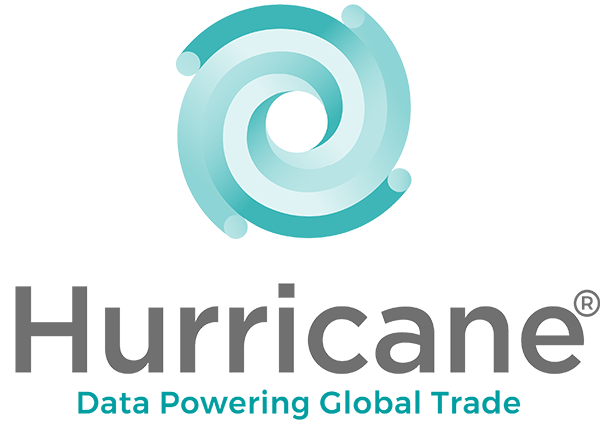In today’s interconnected world, global trade and commerce are more prominent than ever. Companies engage in transactions with entities from all corners of the globe, but with this comes a critical responsibility: ensuring that these business dealings adhere to legal regulations and trade restrictions.
One of the fundamental aspects of global trade compliance is denied party screening, which is essential in avoiding severe legal and financial consequences. In this comprehensive guide, we will delve deep into the details of denied party screening, answering your most pressing questions and providing insights into why this process is indispensable for businesses operating on a global scale.
What is Denied Parties Screening?
Denied parties screening (DPS) is a proactive approach that organisations take to verify the identity of individuals or businesses with whom they intend to conduct business. It’s a critical element of export trade compliance, ensuring that organisations do not engage with individuals or entities that have been sanctioned or are prohibited to work with by governments or international bodies.
Other terms for denied party screening
Apart from denied parties and denied parties screening, there are several other terms and phrases that you may come across to refer to this process, including:
- Sanctions
- Embargoes
- Specially Designated National (SDN)
- Restricted parties
- Denial list
- Denied Persons List (DPL)
- Trade party screening
What Are Denied Parties?
Denied parties refer to individuals, organisations, and entities that are prohibited from engaging in trade or commerce activities. They are typically individuals or organisations that have been sanctioned or deemed a risk to national security, foreign policy, or international trade. To ensure global trade aligns with the law, governments and international bodies maintain lists of these denied parties.
What Are Denied Parties Lists?
Denied parties lists come in various forms, and they are essential resources for businesses engaged in international trade. These lists typically fall into two main categories:
1. Government Lists
These are maintained by government agencies, such as the U.S. Department of Commerce Denied Persons List and the UK Sanctions List from the Foreign, Commonwealth and Development Office of the UK government.
2. International Lists
These lists are created and maintained by international organizations, such as the United Nations, to impose sanctions and restrictions on entities involved in activities that pose threats to international peace and security.
The denied party lists may include people, entities and organisations associated with terrorism, narcotics, trafficking, or other activities deemed a threat to international security. Businesses should consult these lists to ensure they are not engaging with these prohibited parties.
Is Denied Party Screening Required?
Denied party screening is not just a best practice, it is a legal requirement for businesses engaging in international trade. Governments around the world impose regulations and sanctions that mandate organisations to screen their transactions against denied parties lists.
Failing to comply with these requirements can lead to severe consequences, including financial penalties, legal actions, and reputational damage.
Who Should Be Screened?
The rule of thumb is that all organisations engaged in trade should conduct denied party screening — it’s not limited to specific industries or company sizes and is applicable to all transactions. The screening process should encompass every entity a business conducts transactions with, including customers, suppliers, and partners.
Do all organisations have to screen?
It’s essential for businesses to understand their specific compliance requirements based on their industry and geographic scope.
Which denied parties lists should be screened against?
To ensure comprehensive screening, organisations should check against all relevant lists, including government, international, and internal lists. The specific lists to be screened may vary depending on the organisation’s scope of operations.
How Often Should Denied Party Screening Occur?
Denied party screening should be a routine practice within a business’s operations. Hurricane Commerce’s Kona software offers the capability to screen recipients against global lists of sanctioned individuals, companies, and entities in real time. By staying up-to-date and proactive, organisations can minimise the risks associated with trading with denied parties.
Our Kona API is built to quickly screen all goods against global lists and is the only single API call which covers all four critical cross-border areas, including product classification, duty and tax calculation, prohibited and restricted goods screening, and denied parties screening.
Penalties of getting denied parties wrong
The consequences of failing to conduct denied party screening correctly can be severe. Companies that neglect this process may face fines, legal action, and damage to their reputation. In some extreme cases, individuals responsible for screening may even be subject to imprisonment.
Additionally, the cost of settling these issues may involve remediation, including audits and training, which can amount to millions more on top of the initial fines, depending on the size of the business in question. The stakes are high, making accurate screening a top priority for global businesses.
The Changing Landscape of Denied Parties
Denied parties lists are not static. In fact, they are continually evolving in response to dynamic world events. Recent years have seen a surge in the prominence of denied parties, driven by global crises such as the Arab Spring and, most recently, the Ukraine crisis.
Lists can change multiple times a day, making real-time updates and screening crucial for compliance. Additionally, sanctions and embargoes are evolving from being one-dimensional, targeting individuals and entities, to encompassing commodity-based restrictions, as exemplified by bans on certain commodities — for example, luxury goods to certain countries.
Expanding Scope of Sanctions
Traditionally, sanctions and embargoes focused on individuals, organisations and entities. However, the scope has broadened to include commodities. For example, there may be bans on selling luxury goods to specific countries or entities. This expanded scope underscores the importance of keeping up with regulatory changes, as compliance is not limited to just parties but also products.
For more information on restricted goods, you can read our comprehensive guide on rules and regulations for international shipping
How Hurricane Can Help Denied Party Screening
In today’s interconnected global economy, understanding and implementing denied parties screening is an indispensable aspect of international trade compliance. To stay ahead of evolving regulations and maintain business integrity, organisations must prioritise denied parties screening.
Hurricane Commerce’s Kona solution stands as a reliable partner in this endeavour, offering real-time, accurate screening solutions to minimise risks and ensure compliance with global trade regulations. In this ever-changing landscape, staying informed and proactive is the key to successful and secure international trade. Get in touch with us today to find out more about how our API can help.

